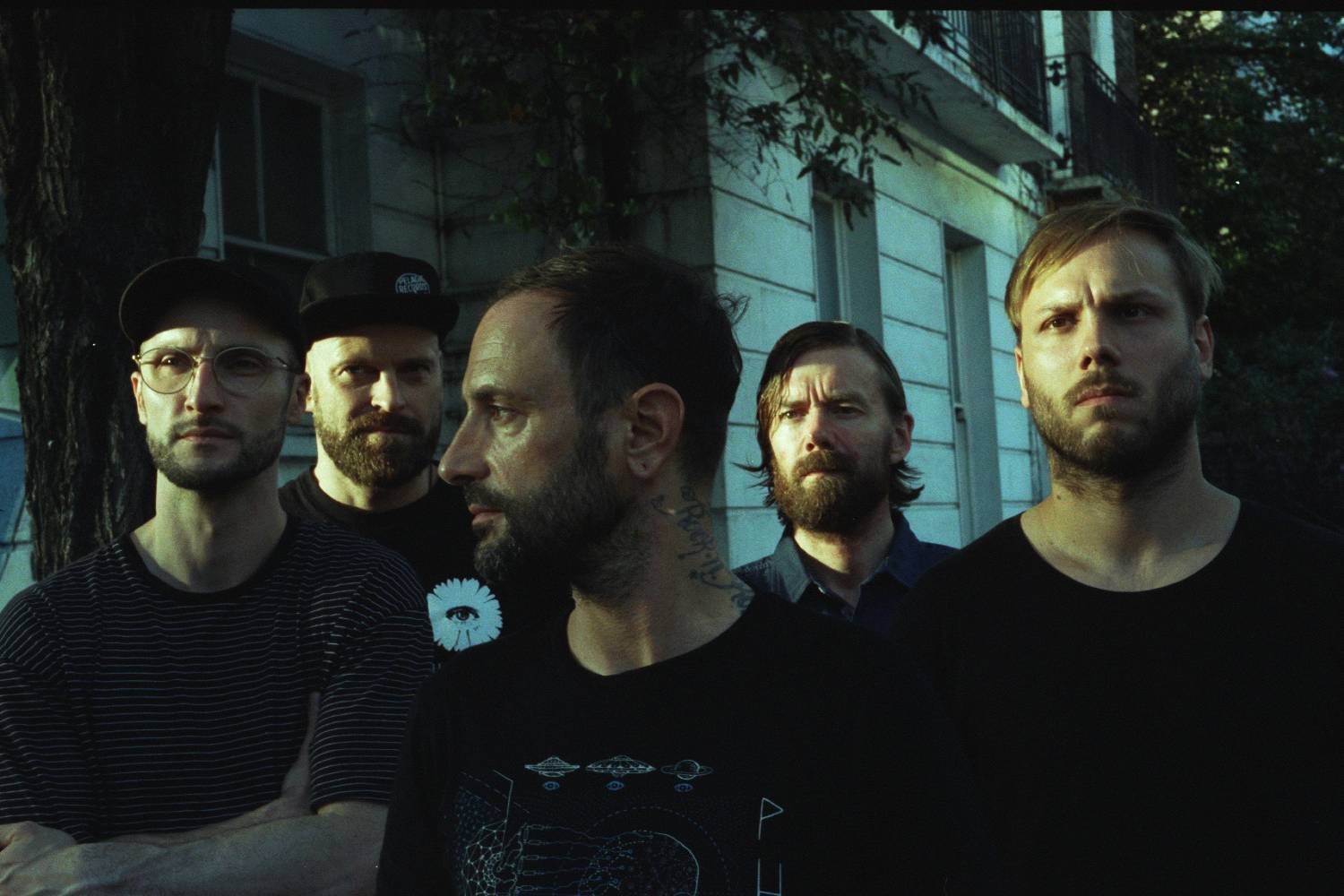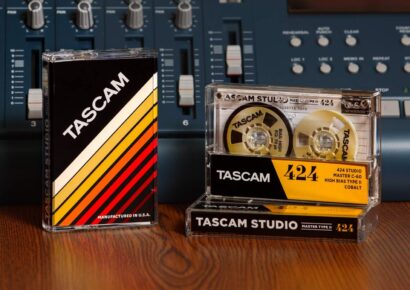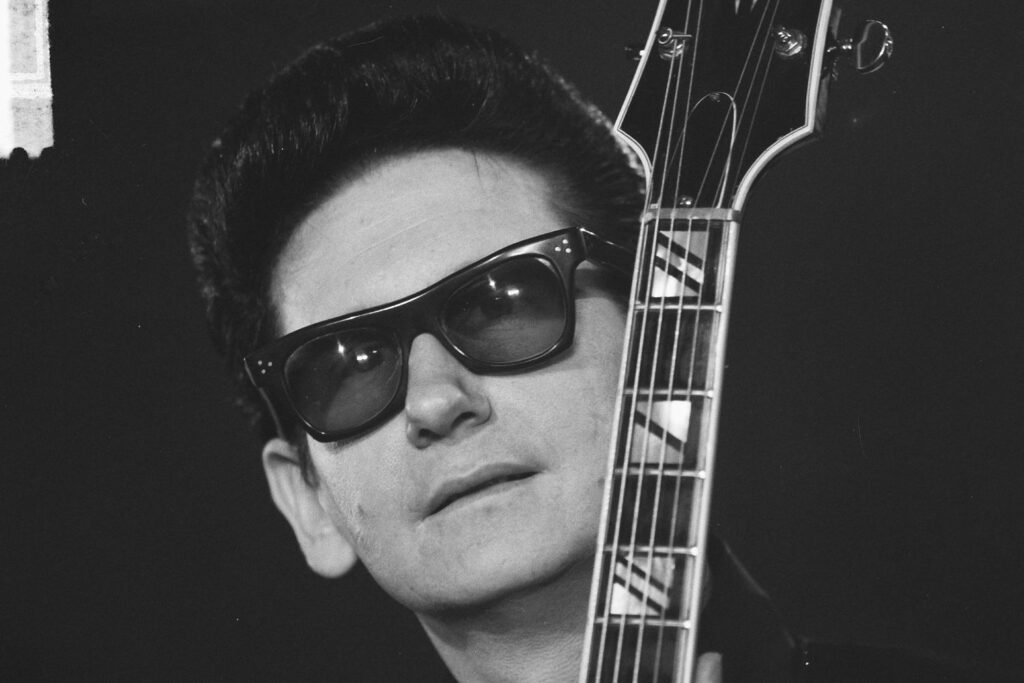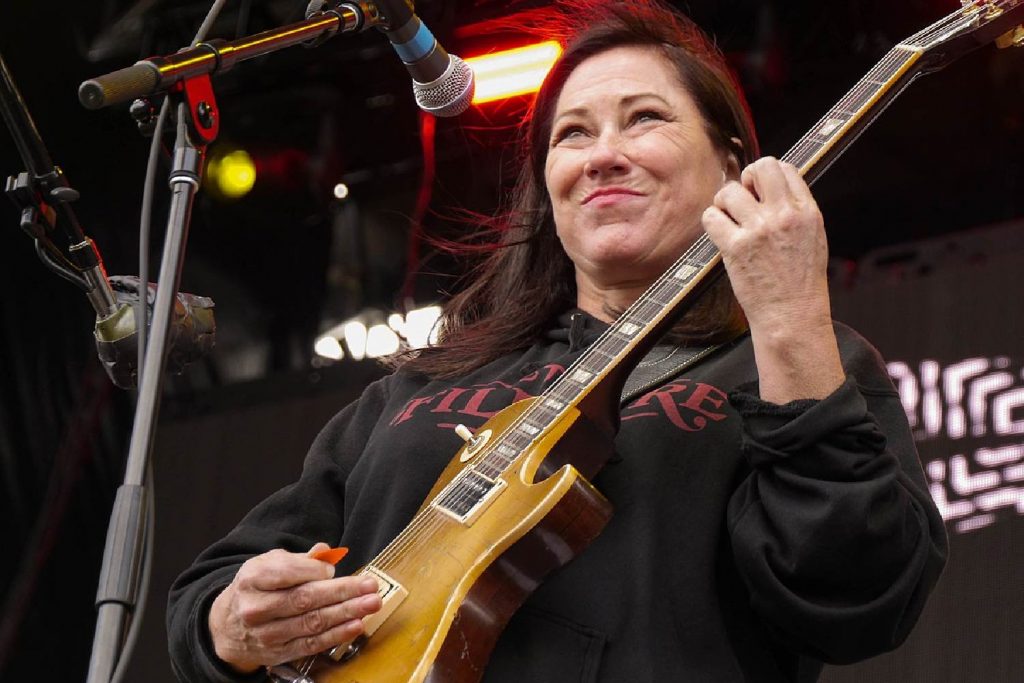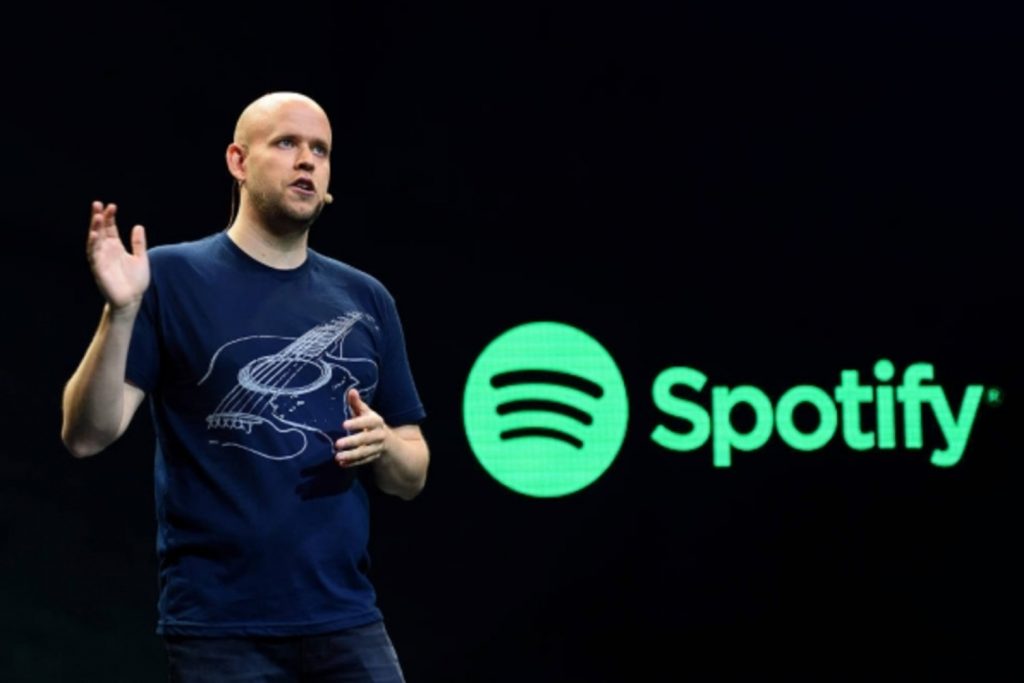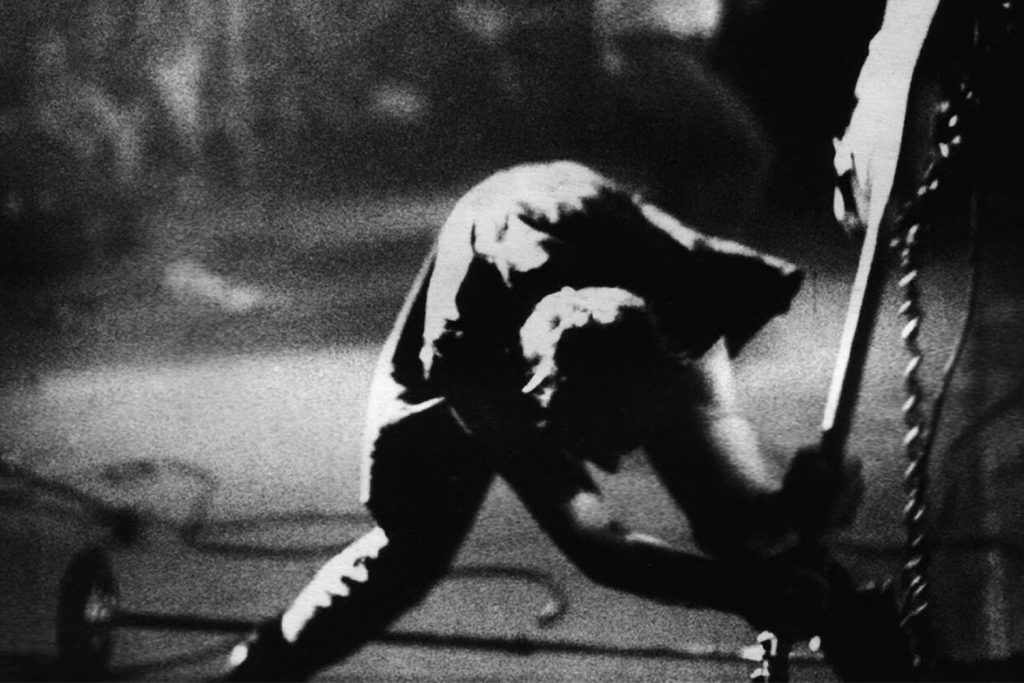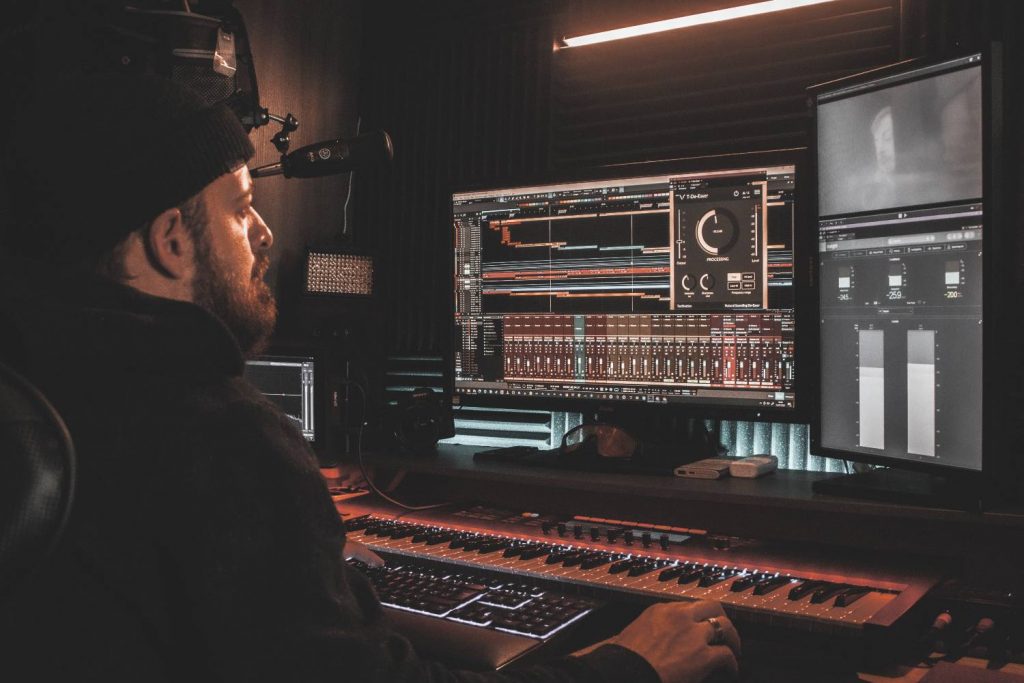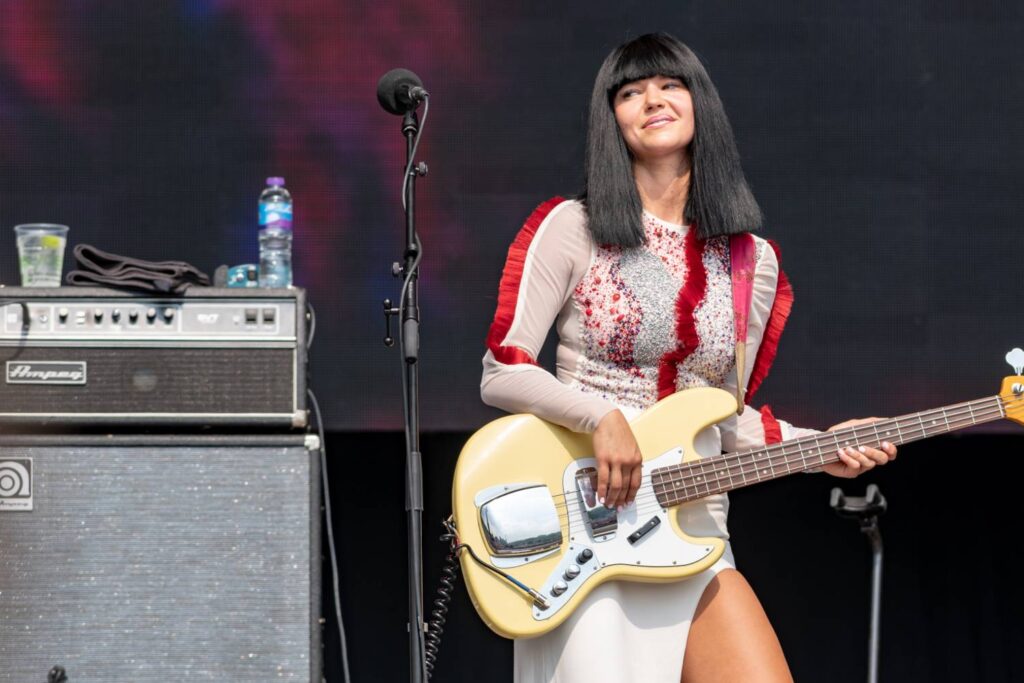The biggest bands in the world all have one thing in common: they're doing something entirely new. The Ocean are no different.
The Ocean have been pushing the boundaries of metal for decades, combining synthesized and acoustic sounds into a monolithic, driving sound that blends ambience, metal and hypnotic rhythms into their own unique sound. We caught up with frontman, Robin Staps, to chat their new record Holocene and the imminent tour down under.
Robin, thanks for taking the time. Your press release described you as the mastermind of The Ocean – would you agree with this sentiment?
I think when we started out, that was clearly the case and to some degree it still is the case; but we are now much more of a band than we used to be. In the beginning, I wrote all of the music myself and basically did all the managing myself as well. Nowadays, everyone’s a lot more involved. We’ve had a fixed lineup of the same people now for seven years, and it feels a lot more like a band than it used to. I’m still in charge of most of the writing, although for Holocene, our latest record, that was written together with Peter [Voigtmann], our synth guy who sadly now is no longer a part of the band. But that was the first time that I kind of wrote a record together with someone from scratch. And a lot of the songs were actually his initial synth ideas that then I turned into Ocean songs.
The Ocean Australia
That was a new way of working for me because before that – every other Ocean record was me sitting down with my guitar and programming drums and just starting a song from a blank page basically. So that was really interesting. I guess I am still somehow the mastermind or the engine behind the band to some degree. But opening up towards writing with other people has been a big change in the past couple of years, and it’s something I’ve very much enjoyed as a part of this band’s universe, and just seeing what else is possible than just me writing songs alone.
Read all the latest features, columns and more here.
Holocene sees you exploring new sounds after the unique post-metal sounds on Phanerozoic I & II, have you always been influenced by softer, synthesized sounds or is this a new area for you?
It is kind of a new area. As I said in the previous question, most of the synths came from Peter, so that is kind of his realm. At the same time, it is something that resonates very well within the musical context of The Ocean. When Peter initially sent me those ideas, they weren’t even written for The Ocean, they were just ideas that he sent me and I was like, ‘Oh, this is cool. I want to do something with it.’ And so I started adding drums and guitars to it and then by the end of that process they did sound like Ocean songs. For me, it is kind of foreign territory in a way; but at the same time, it’s a very exciting one, and I think it blends in very naturally with what we do with the main band being drums, bass and guitars. We’ve always had synths on our records, this is not the first one, the Phanerozoics had Peter playing on them, but it was kind of more in the background and not as dominant as on Holocene. Synths have been kind of an integral part of the band already for three records now.
Even before that, I was doing all the synths and sample sounds myself. That was more like a background thing happening and they’ve kind of moved more into the foreground with this last record, or even over the course of the last three records. Now it feels very natural and I use a lot of electronic sounds when I write as well.
Peter’s and my approach to writing is quite different. Peter perfection-ises sound in the demo-ing stage, so what he delivers is what’s going to be on the record, while I have more of a punk rock approach. For me, it’s more about the idea itself and I have the sense of abstraction that I can demo rather shitty sounding guitars, but I know it’s an awesome riff. And then I’m looking forward to hearing it in the final studio sound. We have two very different approaches, but that kind of worked together really well. He delivered me absolute sonic perfection of musical ideas. For me it was more like the ideas themselves, and we only felt that come together in the studio when we finally recorded everything. It’s new territory and at the same time it was nothing coming out of the blue, but it’s something that has evolved over quite some time.
How did the writing process for Holocene differ from earlier records?
These songs were written in a different way. On previous records, it was me sitting down with Logic, my guitar and a drum sampler, and starting from scratch writing a riff or a drum beat, and then adding layers and adding things to it. This time, Peter delivered me synth ideas that I then kind of based my stuff on. It was a different approach for sure. I write in Logic, speaking about DAWs, and then we record in Pro Tools. It’s kind of weird, but I can work in both environments. I’m actually much more comfortable with Pro Tools than with Logic. And also as it’s still the international studio standard, it’s just always easiest to take existing session files into a studio and then just be able to open them rather than to have to re-import everything.
For writing and especially writing drums, I compose as MIDI tracks that I can do better in Logic. That’s why we use both platforms. I think Peter also composes entirely in Logic, so we kind of use both. We’re definitely not jamming in a room, that has never been The Ocean. The Ocean is an intimate writing process. Whether it’s Peter or whether it’s me, we sit down at home alone with our instruments and start developing ideas and building and trying things and discarding things. We’ve never really been a jam band and I don’t think any Ocean song ever came out of us just fooling around. It’s more like a rather nerdy process of just sitting behind your laptop developing ideas mostly with yourself.
Robin Staps
How does The Ocean usually record? Did Holocene follow this same workflow?
We are recording one-by-one for sure. Always have, and always starting with the drums. This time, we recorded drums at our synth guy, Peter’s place, who also is a great drummer and operates his own studio called Die Mühle in the north of Germany. It’s an old mill building in the countryside, a beautiful place, very remote, no distractions. It’s fully residential, so we could all stay there. And this is where the record was initiated basically, with drums.
Before Holocene, we always did it that way, we’d book ourselves a nice studio for drums, because that’s what you really need, a good sounding room, good old mics and preamps, and that is not so easy to do yourself. For the Phanerozoic records, the two albums before this one, we went to Sundlaugin Studios in Iceland and tracked drums there, that was an amazing place owned and built by Sigur Rós, I believe.
For us, it was also always nice to go to a place we’ve never been to before to start a record, because that sets the vibe for the whole thing. Going to Iceland and being able to record there with a frozen waterfall behind the building was just monumental and it’s so inspiring. Studio days are long hours of hard work and you can do that so much better when you’re in an inspiring place. In a very different way also, Peter’s place is like that, they’re just remote places in the middle of nowhere where you can fully focus on music.
So that’s drums, and that’s how every record starts. And then everything else after that, we basically record ourselves in Berlin. Loïc [Rossetti], our singer, and I have built ourselves a little recording studio in what we call the Pelagic Dungeon, which is kind of the premises of our record label, which I also run. We have The Ocean rehearsal space there and a small studio, and it’s very minimal. It’s literally just a good mixing room and a small vocal booth built into a former cooling room of the cafeteria of a phone company that used to be on top. It was all tiles on the walls when we came in there, we put up wood everywhere and now it’s really nice and cozy, and a very good sounding room, acoustically.
There, we DI guitars and then we re-amp them only in the mixing process. So we really just DI all the stringed instruments. And then once we set up a ridiculous amount of nice old amps and find the sound for the record, we run the already recorded tracks through. That’s basically also how we’ve done it for records in the past.
All of the acoustic instruments on Holocene, that is mostly a vibraphone. It’s a beautiful old instrument that I bought myself somewhere in eastern Germany during the pandemic. Paul played and performed the vibraphone tracks. It’s an instrument we use on almost every track off the record, and we recorded that at our own studio as well. And the brass, that is the other very important element on Holocene. There’s horns, trombones, and trumpets on almost every track of the record, and all of that was recorded at our studio in Berlin too, except the trombone parts, which were recorded remotely by a guy in London who basically just sent us ready-to-use studio tracks. And vocals were also recorded at our own place.
For us, [recording ourselves] is the most economic approach to making a great sounding record, and also the most relaxing approach because in the studio the clock is always ticking and there’s just no need to hire out a place where you pay a thousand bucks per day if you’re just sitting there recording guitar. I can do that at home. I don’t need to spend that money and then work under pressure.
We’ve found our approach that we’re all happy with. We will always pick an awesome place for drums. Paul’s very quick, it’s usually just Paul, me and Loïc going in to do that. And then everything else, we’re happy to do ourselves in our own space. And I think that’s how it will be for the future as well.
I should also mention that finally finding someone to mix the record and produce the record was an ordeal because we had a certain idea of how we wanted this to sound. It was kind of new territory for us with the electronics being so important, and so dominant. We had this big idea of wanting to have a really organic sound to contrast the electronics, to make them feel warm and analogue rather than cold and digital. We set out to get a bunch of test mixes done by different people, but nothing was anywhere near what we wanted and we were getting very frustrated. Then our old friend Karl Daniel Lidén came around, he plays in a band called A Swarm of the Sun that I also released on Pelagic Records, and I used to play with him in a band called The Old Wind. We’ve been friends and allies for a long time, and he delivered a test mix where finally we’re all like, “Thank whoever, finally this is what we wanted”.
So, Karl Daniel got to mix and master the record. And in a way, the circle closed there because we reached out to all these different people and some quite high name producers. Everything ended up being miserable frustration, and in the end we just ended up with an old friend that understood what this record needed and where we come from. In German we have a saying that goes, “The trees are in front of you, but you don’t see the forest”. It’s like that sometimes. And it makes sense because I mean, who would know you better than your closest friends and the people who have followed the band for a long time, or the people who are fans as well? Sometimes the thing that makes most sense is to first look close around you before you start reaching out to people you’ve never worked with before.
How will you be performing Holocene live? How does it differ from the studio versions of songs?
Our live setup hasn’t changed with Holocene. Well, Peter is no longer in the live band, so the synths are now coming from the sequencer. But we’ve always played with a click track and samples. And we’ve had external instruments that are not the core band, for example, classical strings or cellos or brass instruments; we’ve had them on previous records as well, so we’re used to playing live and having those tracks come as backing tracks basically. We’re still doing that with Holocene, all the synths are backing tracks and the brass as well.
We will play some special shows towards the end of the year where we’ll play the record in its entirety, and for those we will have extra musicians playing the brass tracks live. That is something I’m really looking forward to, playing with a small ensemble, I think three players would be enough to play most of the tracks. But that’s something we can’t bring to Australia or on a regular tour. We’re already five people in the band and four in the crew, so this is something for special occasions where we have the budget to do that really.
For now, it’s backing tracks, but what you hear live is what you hear on the album. Nothing is missing just because we don’t have the players with us. It’s been a process of adaptation playing live without Peter because of course it’s always nice to have something done live. At the same time, I think that most people didn’t really understand what this guy was actually doing because he had this very intricate setup. He was tweaking a lot of stuff live and modifying the sounds on the fly basically, but it’s him standing there turning little knobs, this is the movement you see. And then there’s a whole lot of smoke on stage and strobes going off, so people may not follow what he was playing because he’s not playing piano or something like that. In that way, it was something that people probably didn’t quite understand. But for us it was difficult adapting to not having him in the live show because he also controlled the whole show basically, everything went through him.
But we’ve adapted now to play without him. And like I said, it still sounds like it does on the record, and whenever we can, we add extra players, but we also have to be realistic. Touring Australia or the States is already expensive and we just can’t afford to bring out extra players for shows like that. So we have to make it work in other ways.
What are some of your favourite The Ocean songs to play live and why?
“Sea of Reeds” off Holocene is a new favourite. We only started playing that track in October last year on the European tour with This Will Destroy You and it’s a very different track in many ways. It’s very quiet and, rhythmically, it’s extremely challenging. The way the end part was written was by mistake, which is always how the best songs are written. Peter sent me a loop that wasn’t exactly straight, and rather than making it straight, I decided to program a beat like how it was in that loop. And that makes it really fucked up. But once you wrap your head around it, it’s really fascinating and very interesting and kind of polyrhythmic in a way. Playing that live is just so much fun because it requires focus and at the same time it’s very, very intimate and moody and emotional. I really enjoy playing that song live.
It took us some time, not only with this track but with all the Holocene tracks, they’re different because they’re so quiet. You really have to let yourself in for that and enjoy the immersive experience that is this first half of the record basically.
“Jurassic | Cretaceous” is also always a fan favorite live, and it’s a favourite for us as well. We usually close the set with it, and it’s just so much fun to play that track. It’s such a journey. It’s 14 minutes long and it’s getting to the point where it’s almost hard to imagine a set where we don’t close with that song. It’s on the edge of maybe becoming a curse because I know that can happen when you get really tired of a track, but people always want to hear it and you don’t want to let them down. They pay for your tickets and then you end up having to play a track that you’re just like, “Oh God, can we do it again?!”. We’re not there yet. We still enjoy it a lot, but we also have to release a new record soon with a track that takes the place of that song because otherwise it will get there.
That opening riff is very fun to play, and the way that song develops towards the black metal blastbeat parts in the end, then it goes into the quiet section where Jonas Renkse from Katatonia singing on the record… it’s always super fun to play live.
The Ocean are a hugely influential band in the metal world, having inspired a whole wave of post metal, sludge, progressive and extreme bands. Is there pressure you feel when writing? Or do you just write whatever comes out?
Definitely the latter. There is no pressure. Writing music for me has always been a very easy and immensely enjoyable process. I’ve never had to deal with this creative blockage that some people have talked about, and also never thought about how people would receive something. If I have a good riff in me or a good idea, usually I know it’s good and then I get excited about it and I don’t care what people think.
You don’t always know which tracks will resonate best. “Jurassic | Cretaceous” is the best example of this. That was a weird track. I’d been struggling to finish that one for three years. It was just one of those songs that was never finished, but I always went back to it because I thought there were good ideas, but it just had never reached its final form. And somehow I always got to the point where I was like, ‘Ah, let’s do something else now’, and put it aside. But eventually it got finished and ended up being the most played track on Spotify, I believe, and probably one of the most popular tracks we ever wrote. I never would’ve expected that.
It’s interesting, if you start thinking about how people will perceive something, you’ll end up in weird territories. You shouldn’t do that. I just enjoy writing music of whatever kind so much that I really lock myself into my little world there and get lost in it, and I don’t really think about what other people may think.
The Ocean play Australia next month with Cave In, LLNN and local supports around Australia. The tour starts June 5th in Brisbane, for further dates, tickets and more info, visit Destroy All Lines here.
